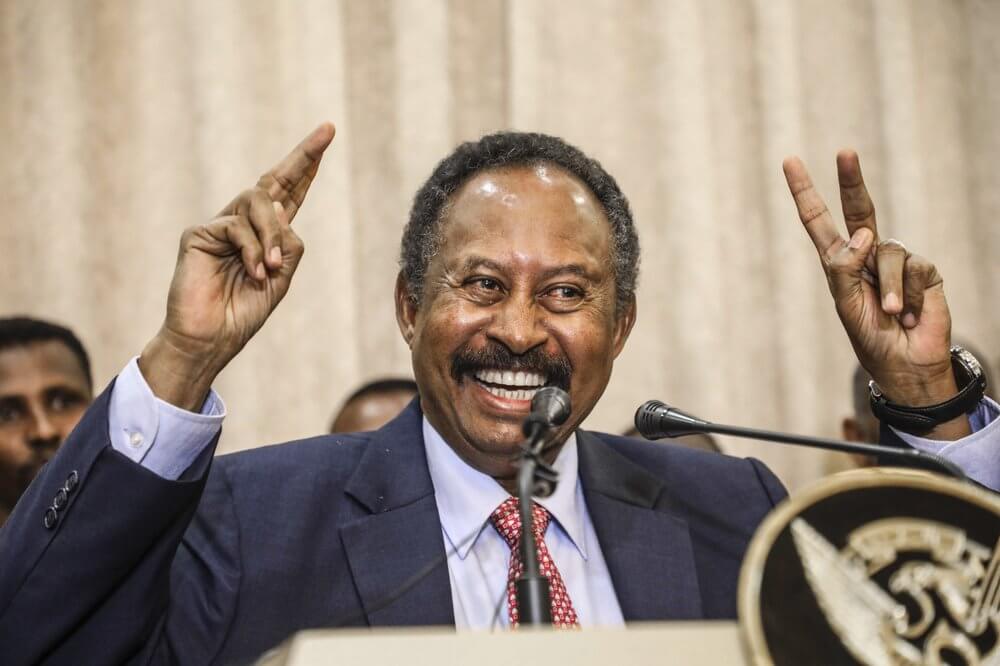On Saturday, Sudan’s primary rebel union, the Sudan Revolutionary Front (SRF), inked a peace deal with the government that is aimed at ending a 17-year-long conflict. The SRF is a rebel group alliance representing groups from Darfur and the southern states of Blue Nile and South Kordofan. According to state news agency SUNA, while senior officials and rebel leaders “signed their initials on protocols on security arrangements” on Sunday, a formal ceremony to sign the deal is set to be held on Monday in neighbouring country South Sudan’s capital Juba, whose officials have been crucial to mediating talks since 2019.
Since the SRF and other rebel groups took up arms in Darfur in 2003, around 300,000 people have lost their lives, according to the United Nations. The rebel alliance is mainly comprised of non-Arab minority groups who have been fighting against ‘economic and political marginalization’ by successive Arab-dominant administrations in Khartoum, including the one led by deposed autocrat Omar al-Bashir. Simultaneously, in Blue Nile and South Kordofan, violent conflicts broke out in 2011 due to unresolved issues regarding participation in the South Sudan referendum and other problems that arose after the country’s civil war from 1983-2005.
Sudan’s transitional government, which rose to power following Bashir’s ouster in April 2019 and was led by Prime Minister Abdalla Hamdok, has been committed to forging a peace agreement with rebel forces. On Sunday, Hamdok and his ministers flew to Juba to meet with the President of South Sudan, Salva Kiir. There, Hamdok revealed that it had taken his administration longer than expected to finalize the deal, after an initial agreement last September. “At the Juba Declaration in September, everyone expected peace to be signed within two or three months, but …we realised that the questions were of one great complexity,” Hamdok said. “However, we were able to accomplish this great work, and this is the start of peace-building,” he added.
The final draft of the deal reportedly covers important issues regarding land ownership, security, power-sharing, transitional justice, and the repatriation of those who fled their homes during the war. It also contains provisions to dismantle rebel fighters and integrate them into the national army. Two crucial holdout movements, however, have rejected the deal and refused to participate in it: a camp of the Abdelwahid Nour-led Sudan Liberation Movement and a wing of the Sudan People’s Liberation Movement-North (SPLM-N), which is headed by Abdelaziz al-Hilu.
It is worth noting that past peace agreements in Sudan, including those signed in Nigeria and Qatar in 2006 and 2010, respectively, have crumbled over the years.
Sudan’s Rebel Forces Sign Peace Deal With Government
The agreement has the potential to end a conflict that has lasted for 17 years
August 31, 2020

Sudanese Prime Minister Abdalla Hamdok SOURCE: EGYPT INDEPENDENT
